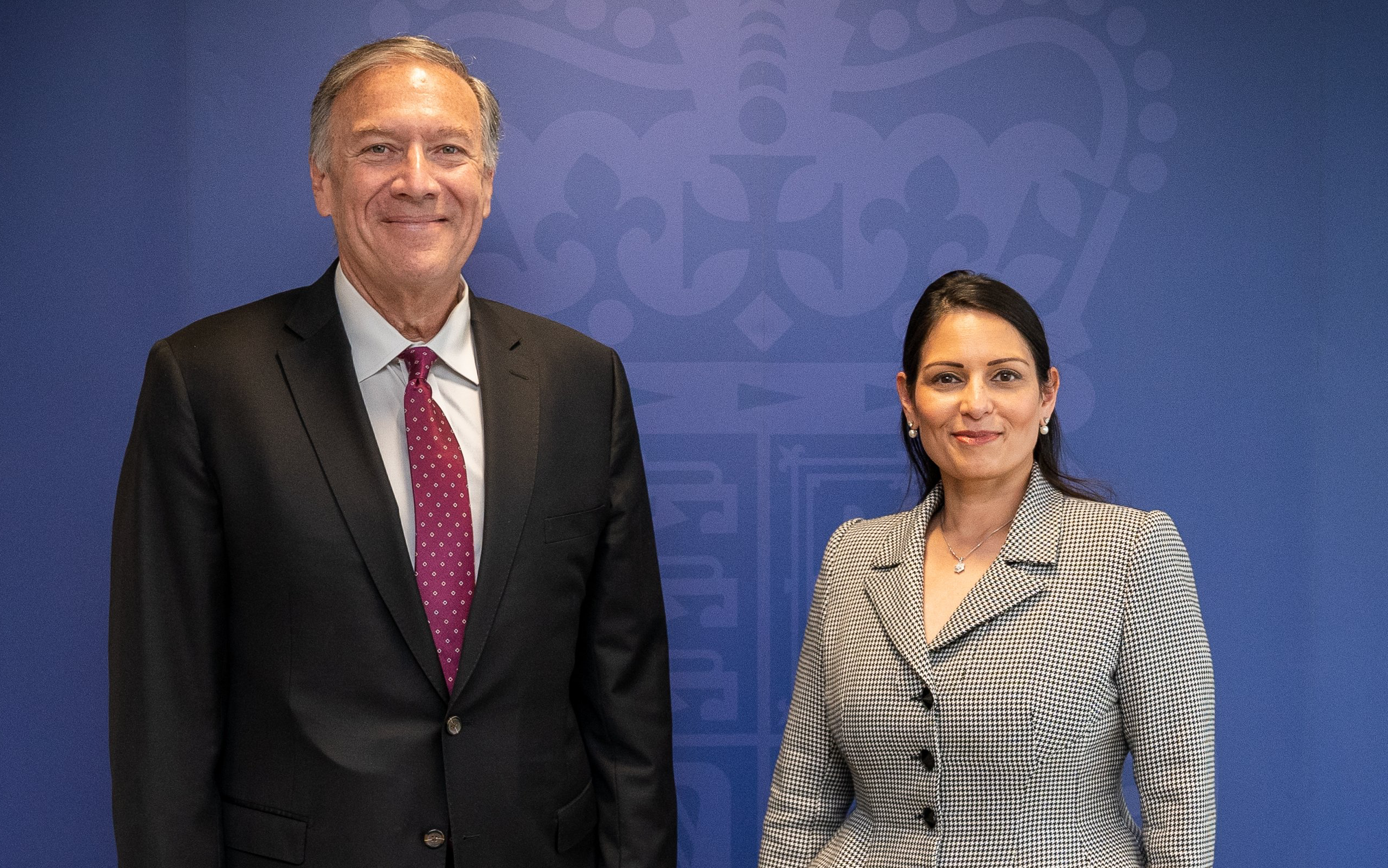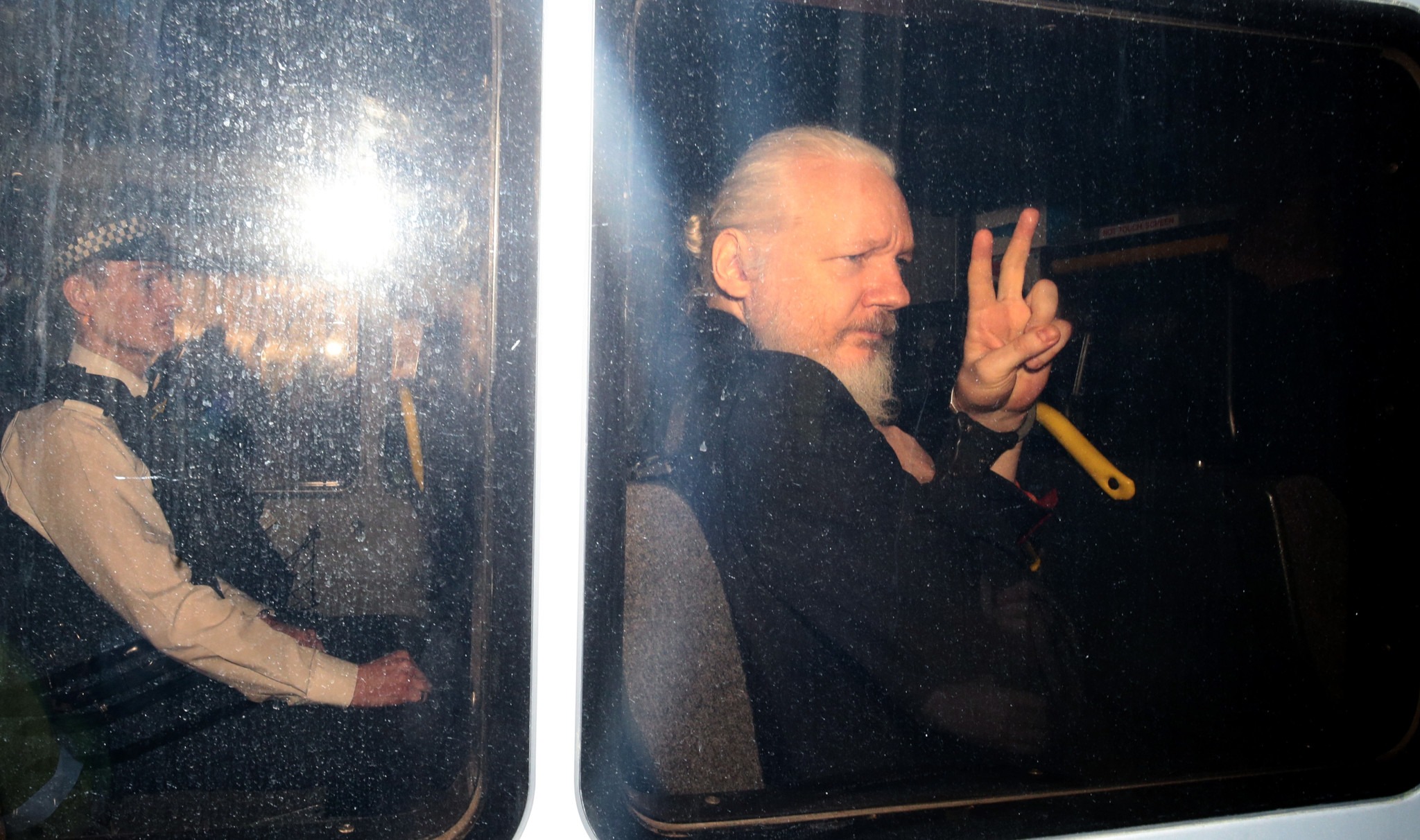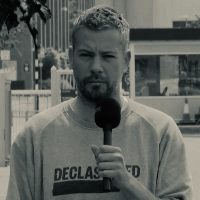Four of Britain’s most powerful government ministries are refusing to say if their officials have met with US authorities to discuss the case of Julian Assange.
The Home Office, Cabinet Office, Foreign Office, and Ministry of Justice all recently failed to tell parliament about any potential contact with their US counterparts on the issue of the WikiLeaks founder.
The refusals raise further suspicions about the politicisation of Assange’s legal case. Britain is part of the US-dominated “Five Eyes” intelligence alliance and very close to the American government, which is demanding Assange’s extradition.
The High Court judge who green-lighted Assange’s extradition to the US in December 2021 is a 40-year “good friend” of the foreign minister, Sir Alan Duncan, who orchestrated the Australian journalist’s arrest.
Assange has been incarcerated in Belmarsh maximum security prison in London for three and a half years. If extradited, he faces a possible 175-year sentence. It would mark the first time Britain has dispatched a journalist and publisher to a third country.
“The UK government routinely blocks, or obfuscates its answers to, information requests about the Assange case.”
The recent statements also raise the possibility that the departments are misleading parliament, where the questions were asked about discussions between Whitehall officials and US authorities.
The UK government routinely blocks, or obfuscates its answers to, information requests about the Assange case.
The Home Office told parliament that it “routinely cooperates with international partners, including the US, on a range of issues involving judicial cooperation.” But it refused to say whether it had discussed Assange with the US, adding, “This specific case is subject to ongoing court proceedings, so we are unable to comment further.”
The Cabinet Office similarly told parliament that its “officials routinely meet with US counterparts to discuss a range of issues, which may, in the past, have included Mr Assange.” It added: “The Cabinet Office does not hold a central record of meetings between officials and their US counterparts.”
This is an unusual response whose meaning is unclear. The Cabinet Office had seven officials working on the secret police operation to seize Assange from the Ecuadorian embassy, which was conducted in coordination with US authorities.
‘Not aware’
The Ministry of Justice, meanwhile, claimed information about any conversations with their US counterparts about Assange’s incarceration “could only be obtained at disproportionate cost.”
It is unclear why the MoJ could not find this information. But the department gave the same response to a question about its involvement in Operation Pelican, the secret operation to seize Assange from the Ecuadorian embassy in London.
Meanwhile, the Foreign Office refused to say if any of its officials had discussed Assange with their US counterparts.
Unlike the other government departments, defence minister Andrew Murrison said that his boss, Secretary of State Ben Wallace, “has not held any meetings with US officials to discuss Julian Assange”.
However, he stopped short of saying the same about other Ministry of Defence (MoD) officials. Murrison told parliament only that he personally was not “aware” of any meetings between MoD personnel and their US counterparts on the Assange case.
This response leaves open the possibility that meetings have taken place about which Murrison, who took on the brief three weeks ago, was not informed. It is unclear why the department could not give a more conclusive answer, as it did for Wallace.
“It’s disingenuous to suggest that they can’t locate the information except at disproportionate costs.”
‘Cover up’
Kenny MacAskill, the MP who asked the questions, told Declassified: “Getting information on the UK’s role in the persecution of Julian Assange has always been hard and we’re still not getting the full story. Given his significance, and the profile he has, it’s disingenuous to suggest that they can’t locate the information except at disproportionate costs, or other flimsy excuses.”
MacAskill, who was Scottish justice secretary from 2007-14, added: “This obfuscation and avoidance is, I believe, part of a pattern of a cover up in alliance with US authorities. It confirms why Julian Assange’s original actions were necessary in the first place. It’s not just the Pentagon but Whitehall that is denying us the full facts.”
In September 2021, 30 former US officials went on the record to reveal a secret CIA plot to “kill or kidnap” Assange in London. In case of Assange leaving the embassy, the article noted, “US officials asked their British counterparts to do the shooting if gunfire was required, and the British agreed, according to a former senior administration official.”
These assurances most likely came from the Home Office. However, the Foreign Office and Home Office both said they had had no discussions with their US counterparts concerning the revelations about assassination plans on British soil.



